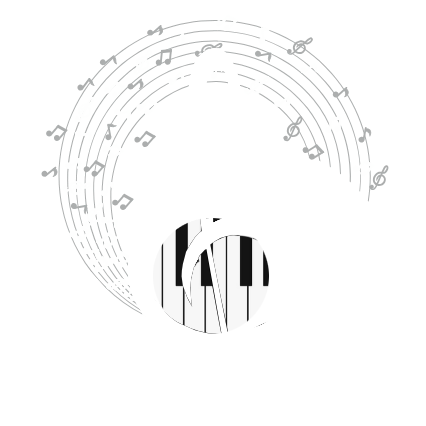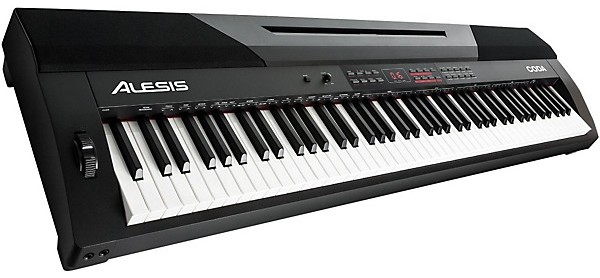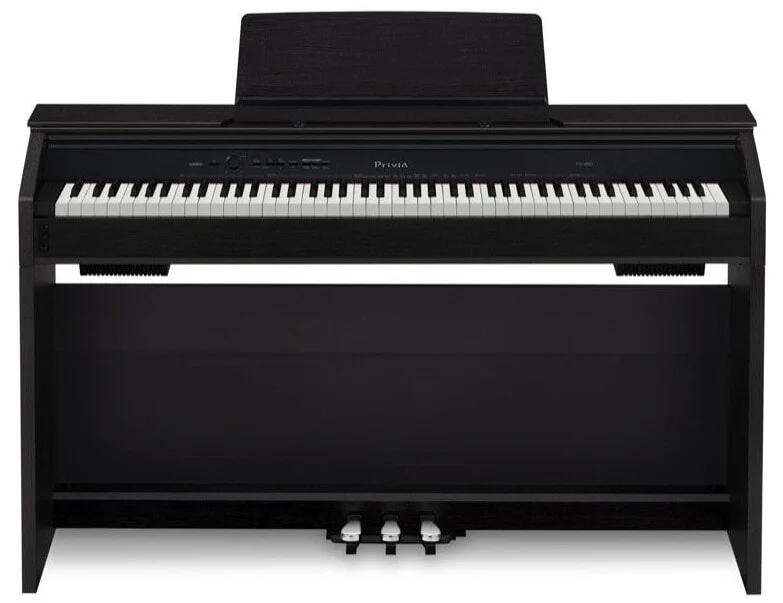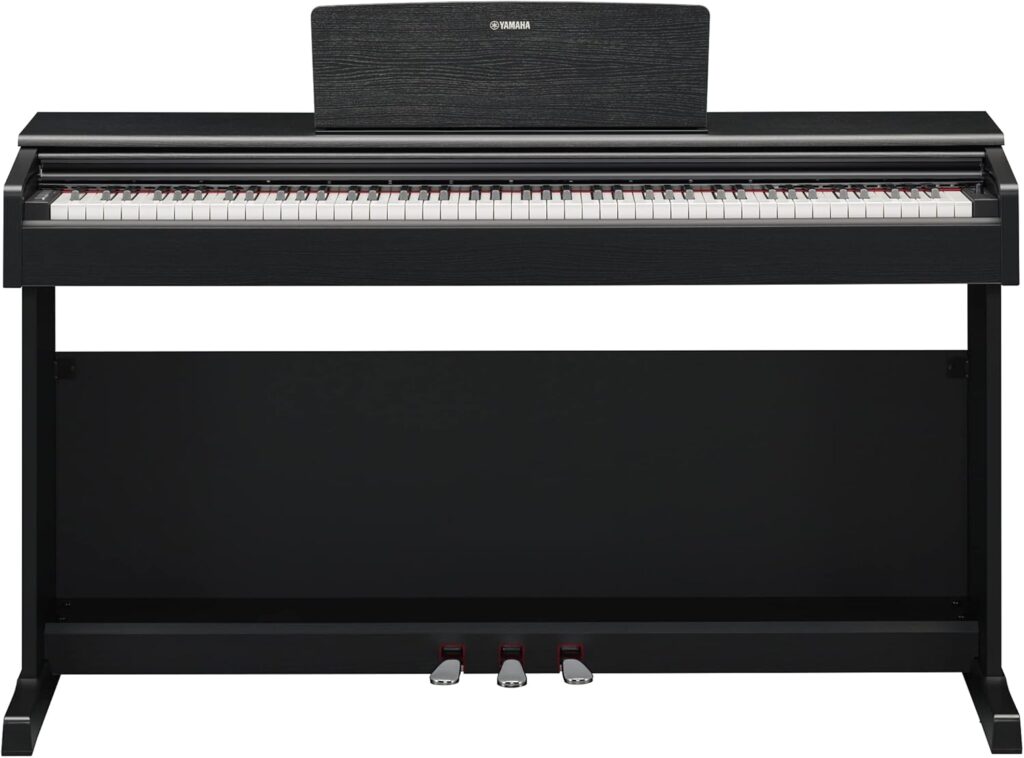Start with Your Learning Goals in Mind
What Kind of Lessons Are You Taking?
Are they classical, pop, online, or in-person? If you’re learning classical music or planning to take exams, you’ll need a full-size piano with weighted keys. For more casual or pop-focused lessons, you can get by with a simpler setup.
Beginner or Returning Player?
If you’re brand new, your piano doesn’t need to be perfect—but it should still support good technique. If you’re picking lessons back up after a break, you may want something closer to an acoustic feel.
Key Action Should Be Your Top Priority
Weighted Keys Are a Must for Lessons
Look for a piano with fully weighted or graded hammer action keys. This helps you develop finger strength, control dynamics, and transfer skills to an acoustic piano later.
Avoid Springy, Unweighted Keyboards
These might be fine for fun, but they’ll limit your progress. Lessons require consistent touch and feel—something unweighted keys simply can’t offer.
Get the Right Number of Keys
88 Keys Are Ideal
Most teachers recommend a full 88-key piano for lessons. It provides the full range and keeps you from needing an upgrade too soon.
61 or 76 Keys Work Temporarily
If you’re on a tight budget or short on space, 61 or 76 keys can get you started—but plan to upgrade once you start playing more complex music.
Check for Pedal Support
Sustain Pedal Is Non-Negotiable
A sustain pedal (often called a damper pedal) is essential for most lesson materials. Make sure your digital piano supports one—and ideally includes it.
Three-Pedal Units for Classical Training
If you’re diving deep into classical repertoire, look for models with three pedals (soft, sostenuto, and sustain) to mirror an acoustic piano setup.
Consider Lesson-Friendly Features
Built-In Metronome and Dual Mode
Many digital pianos include a metronome—key for developing rhythm. Dual mode lets you and your teacher play the same range of notes simultaneously, which is helpful during lessons.
Recording Capability
Being able to record your practice and review it later is a powerful tool for self-improvement.
Think About Space, Noise, and Portability
Practice Area Matters
If you live in a small space or share your home, a digital piano with a headphone jack offers quiet practice without sacrificing performance.
Need to Move It?
Portable digital pianos are lightweight and easy to set up. Console-style models feel more like upright pianos but may be harder to transport.
Stick With Trusted Brands
Reliable Brands for Lesson-Ready Pianos
- Yamaha: Great key action and sound, especially in the P and Arius series
- Casio: Affordable with solid learning features (Privia and CDP lines)
- Roland: High-quality sound engines and realistic key feel
- Kawai: Excellent for classical-focused players
Conclusion: Choose a Piano That Supports Progress
For lesson success, your piano should feel good, respond well to your touch, and include features that support your learning journey. Whether digital or acoustic, choose the best you can afford with weighted keys, full range, and reliable pedal input. When your instrument supports your goals, practicing becomes a joy—not a chore.
FAQs
- Can I take lessons with a 61-key keyboard?
Yes—for basic skills. But you’ll likely need to upgrade as you progress into more advanced repertoire. - Do I need weighted keys for lessons?
Absolutely. Weighted or graded hammer action keys help develop proper technique and build finger strength. - What’s the difference between digital and acoustic for lessons?
Digital pianos offer convenience, volume control, and learning features. Acoustic pianos offer richer tone and traditional feel—but require space and maintenance. - Should I get a piano with three pedals?
If you’re learning classical music seriously, yes. For beginners or pop-focused lessons, a single sustain pedal is enough to start. - Is it better to rent or buy for lessons?
If you’re unsure about commitment, renting is a smart option. But if you’re ready to learn long-term, buying often costs less over time.



